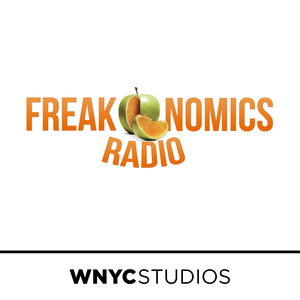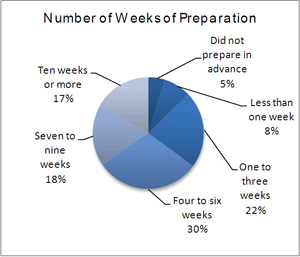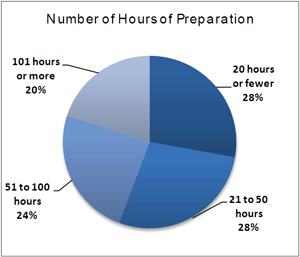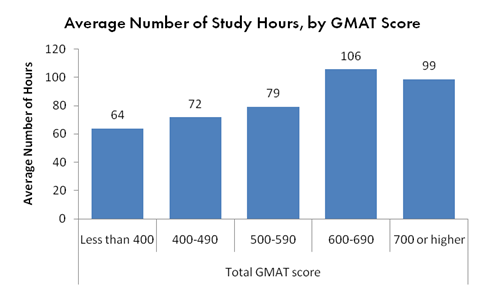Very few MBAs actually follow through with the career goals outlined in their admissions essays. Even for those who do, the average tenure in a post-MBA job is less than two years. (So don't sweat nailing that perfect job, or be too sure that you indeed found the "right one")
That said, the "Post-MBA Career Goals" section of the application is a critical part of the overall package. Far from being a "gimme" question in the short answer section, MBA admissions officers scrutinize your post-MBA career goals and evaluate your suitability for their program based on your response.
So what questions MBA admissions officers asking when they examine your post-MBA goals?
1. Are they realistic?
Does this candidate understand which career moves are possible -- through an MBA and this school in particular? Has the candidate done his or her research in advance as to what these jobs entail? If not, it shows a lack of preparation and raises questions as to whether the candidate has the maturity to use their spot in the MBA class to the greatest effect.
2. Is their desired outcome impactful?
It's hard to give an admission slot in short supply to someone who doesn't seem like they will do very much with it. The mission of Harvard Business School is to educate leaders who make a difference in the world. Therefore its adcom is looking for those with a grand vision. The same is true at many other schools. On a practical level, yes, this means changing jobs. But you need to paint a broader picture of the mission you will be serving in the process.
3. Does the applicant's career goals align with their personal narrative?
If not, the adcom may believe that the applicant is not being authentic. In any case, people naturally find those who are consistent about their motivations and interests more compelling. Narrative is something that we do especially well.
4. Do these career goals require an MBA?
Do MBAs from our school recruit for them? If not, it's almost embarassing to tell them to the admissions committee as it shows low commitment and low research on the part of the applicant. Every application needs an argument for why the MBA is the catalyst for your future increased level of impact. If the MBA is a nice-to have, or worse a frivolous educational experience, then you'll only be admitted once the serious candidates have their turn.






























